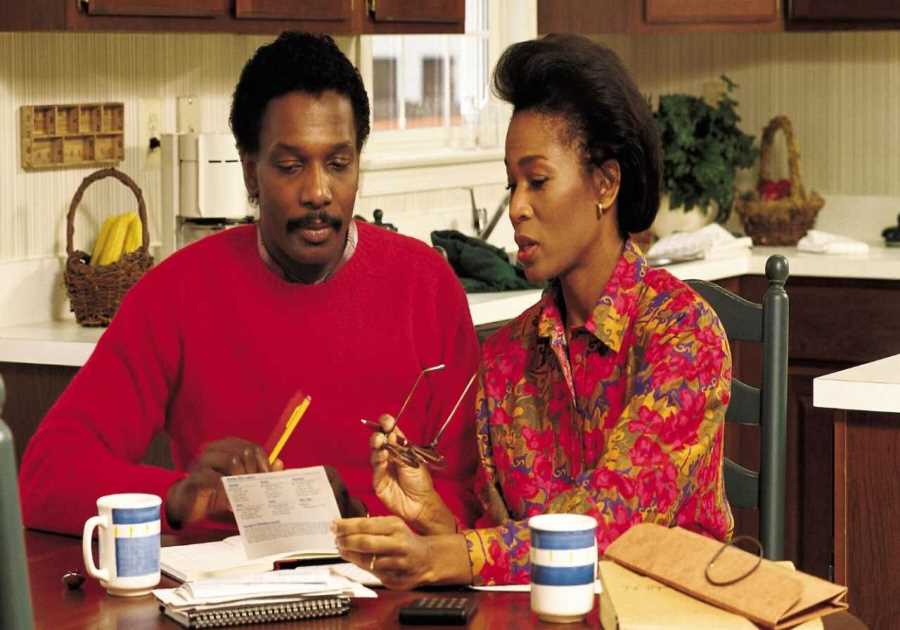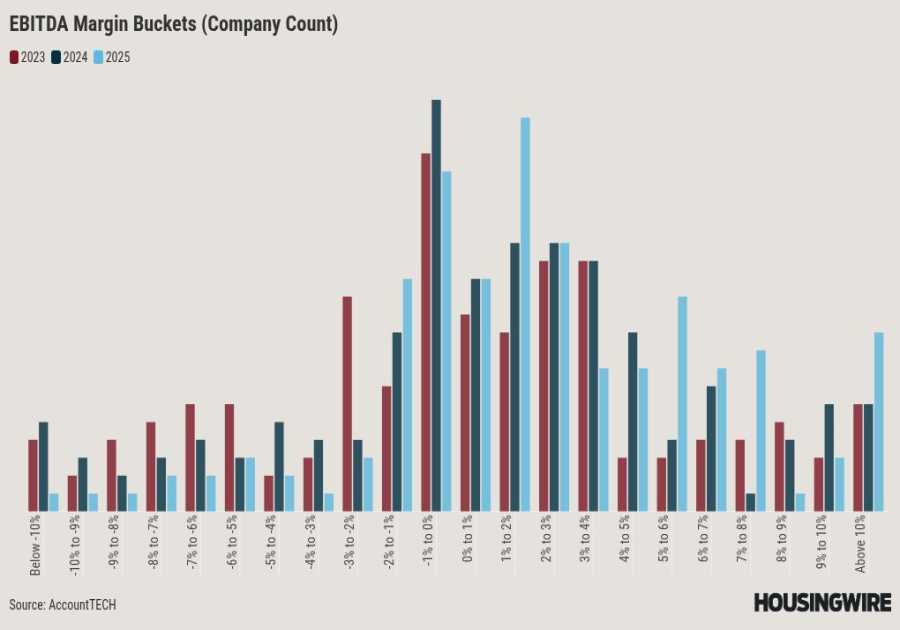Westend61/Getty Images
- Experts recommend cutting down on ultra-processed foods and eating more fiber to support gut health.
- But drastically changing your diet can cause issues like gas, bloating, and cramps.
- You can eat more fiber safely by gradually increasing your intake and staying hydrated.
Cutting down on ultra-processed foods and eating more fiber is good for gut health. But if you don't do it gradually, drastic changes to your diet can lead to unpleasant symptoms.
Done wrong, an infusion of fiber can lead to bloating, gas, abdominal pain, cramping, and changes in bowel habits like constipation or diarrhea.
The gut microbiome, the billions of microbes that live in the gut lining and impact our overall health, needs dietary fiber to thrive.
It's found in fruits, vegetables, beans, and nuts, and studies have found that people who eat a wide range of plants have more diverse microbiomes, which are considered healthiest.
Meanwhile, UPFs such as frozen pizza, candy, and hot dogs, which make up around 73% of the US food supply, contain minimal fiber. They have also been linked to 32 different health problems, including colon cancer, which is rising in younger people in the US.
So adding more fiber to your diet seems like a no-brainer, but there's a catch: If you eat more of it than your body is used to, things could get messy.
Gastoroentronologist Dr. Will Bulsiewicz has seen this happen so often in his career that he wrote a book about how to deal with it, he told Business Insider. People shouldn't give up on eating fiber, he said, but need to add it to their diet in a safe way.
"We are completely, 100% reliant on our gut microbes to break down fiber," said Bulsiewicz, who is also the US medical director of the nutrition company Zoe.
He compared the gut to a muscle that needs to be trained. "When the amount of fiber exceeds the capacity of the gut microbiome to process it, then it gets sloppy. And this is where we have issues," he said.
Bulsiewicz shared three tips for introducing more fiber to your diet safely.
Start low and slow
People often go too hard with dietary changes, whether it be a five-bean chili when you normally don't eat beans, or a whole new regime on January 1, Bulsiewicz said. They often feel sick within a few hours because they exceeded the capability of their gut microbiome.
This can lead to gas, bloating, abdominal discomfort, cramps, diarrhea, or constipation.
If you want to eat more fiber, he recommends starting low and going slow. Anytime we change our diet, our gut microbes are forced to adapt, he said. It's best to introduce new foods over time, starting with small amounts and gradually increasing portion sizes.
This means the gut microbes come along for the ride and have time to adapt to the change you're making in your diet. "You can introduce the fiber and match it to the capability," he said.
Stay hydrated
Being well-hydrated improves our ability to process and digest fiber, Bulsiewicz said.
When fiber absorbs enough water, it creates soft, bulky poop, which is easy to pass, according to Mayo Clinic. Drinking water when you eat fiber also helps prevent gas and bloating, according to UMass Chan Medical School.
Bulsiewicz starts each day with two glasses of water, and tries to drink two more glasses with each meal to ensure he stays hydrated.
Drinks like coffee, tea, and caffeinated, sugary stuff are often dehydrating, he said. "It's the fundamental idea of getting back to more water, and that is just good, healthy hydration."
Check it's not a chronic health issue
Oftentimes gut symptoms can be a result of making radical changes too quickly. But they can also be a sign of chronic health issues such as Crohn's disease or Ulcerative colitis.
These issues aren't always caused by the microbiome, although in many cases, it is a part of the story, Bulsiewicz said.
Anyone can get bloating or diarrhea if they have a bad meal, but it's classed as a chronic issue when it becomes a pattern that affects your quality of life, he said.
If this is the case, don't just try to treat it yourself, he said. See a medical professional who can investigate what's causing the symptoms and make a diagnosis if necessary.
Read More
By: [email protected] (Kim Schewitz)
Title: A gastroenterologist has 3 tips to eat more fiber without getting bloating or constipation
Sourced From: www.businessinsider.com/gi-doctor-shares-3-tips-to-eat-more-fiber-without-bloating-or-gas-2024-5
Published Date: Wed, 22 May 2024 11:51:48 +0000
Did you miss our previous article...
https://trendinginbusiness.business/business/donald-trumps-political-maelstrom-could-be-close-to-sucking-ivanka-back-in
.png)





